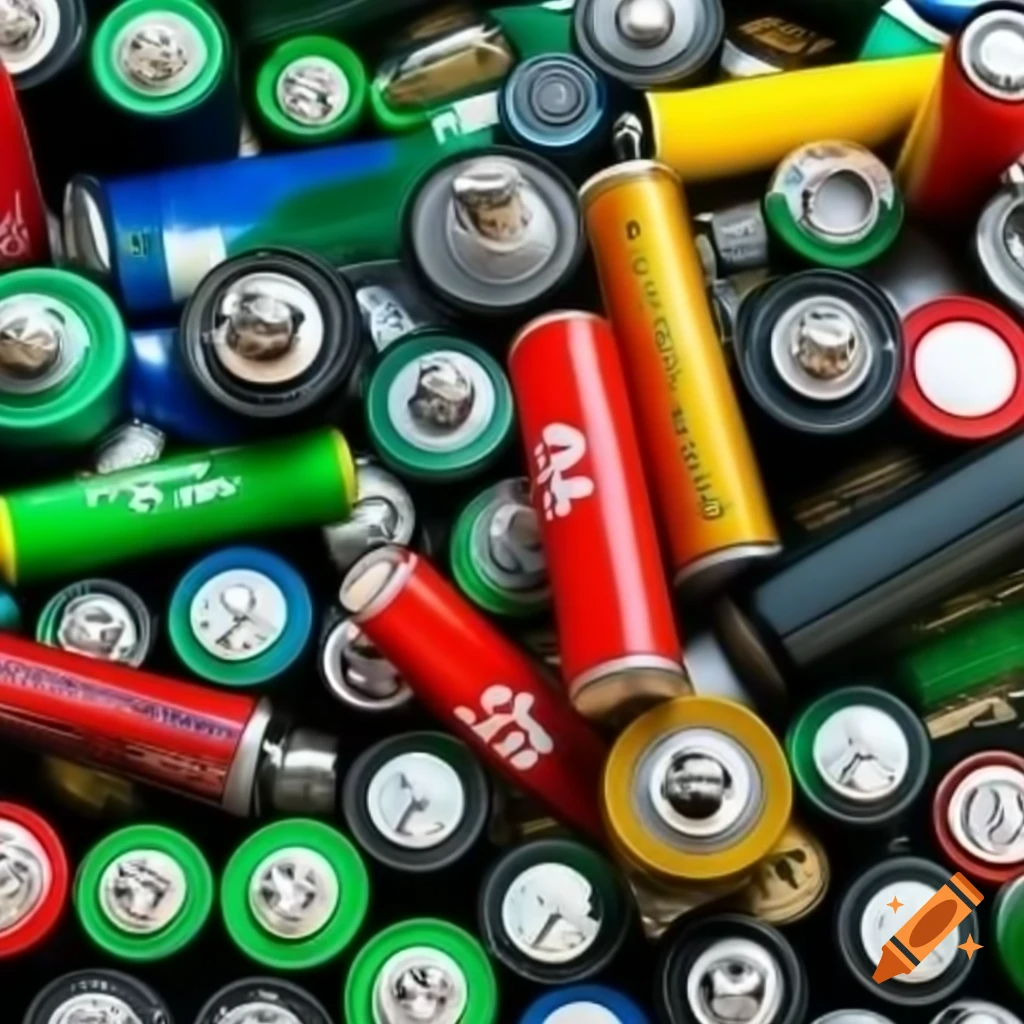If your item does not exist in the search engine, please send it by filling out the form and it will be included in the database with a description of proper disposal.
Composition
Waste batteries contain hazardous substances: mercury, lead, cadmium, and may also contain nickel, zinc, copper, manganese, lithium, etc.
Environmental impact
Batteries that mistakenly end up in household waste can get damaged during compression in a garbage truck and may even catch fire. Recycling batteries helps prevent soil and water pollution and protects wildlife from toxins like lead, nickel, and cadmium.
Disposal instructions
Dispose of at a recycling yard in appropriate containers or hand over to an authorized waste battery collector. Tip: Some stores may have special containers for batteries where you can dispose of them, so you can ask the store staff for more information.
Factoid
An empty battery doesn’t mean it’s no longer usable. By recycling batteries, metals and other raw materials are extracted that can be used for other purposes. Did you know that an eyeglass frame can be made from regenerated materials from just 13 recycled batteries?
